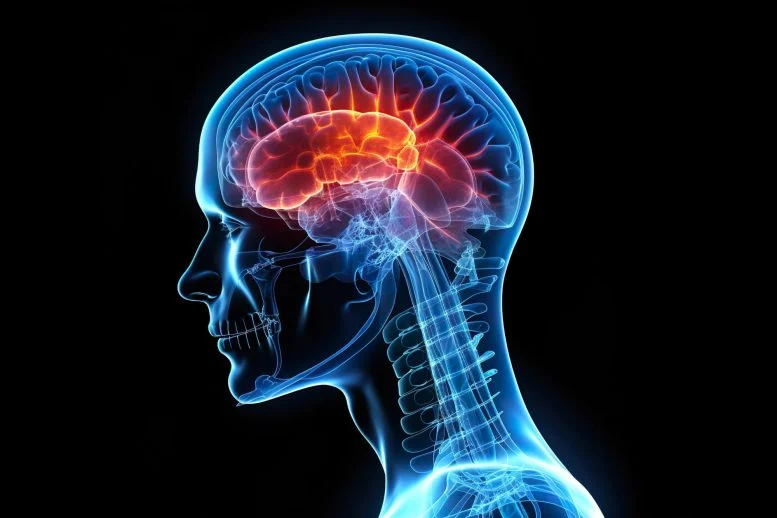Rochester, NY – New research published in Science Signaling suggests that the vitamin biotin may offer protection against brain damage caused by excessive manganese exposure.
Manganese, while essential for the body, can be toxic at high levels, particularly to the central nervous system. Chronic exposure can lead to manganism, a condition with Parkinson’s-like symptoms such as tremors and cognitive impairment.
The study, led by Dr. Sarkar Souvarish at the University of Rochester Medical Center, investigated how manganese damages the brain using fruit fly models and human nerve cells. They discovered that manganese disrupts cellular processes and leads to the death of dopamine-producing neurons, a hallmark of Parkinson’s disease.
Interestingly, the researchers found that biotin, a B vitamin, can counteract these effects. Biotin supplementation improved mitochondrial function, reduced cell loss, and enhanced dopamine production in both fly models and human neurons.
This finding aligns with the growing understanding that Parkinson’s disease may have origins in gut health, as biotin is synthesized by gut bacteria.
“Biotin supplementation shows potential as a therapeutic strategy to mitigate manganese-induced neurodegeneration,” said Dr. Souvarish. “Further research is needed, but biotin-rich prebiotics or probiotics could offer potential non-pharmacological interventions.”
Disclaimer: This information is for general knowledge and informational purposes only and does not constitute medical advice. Consult with a healthcare professional for any health concerns.











